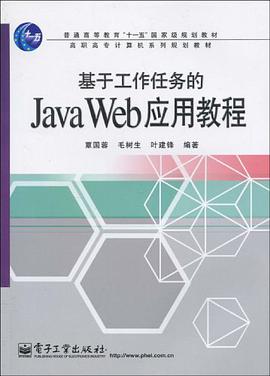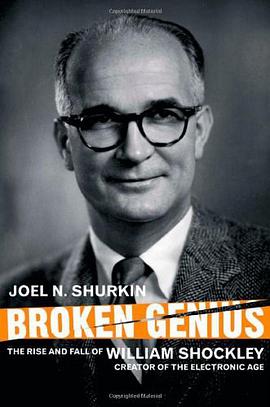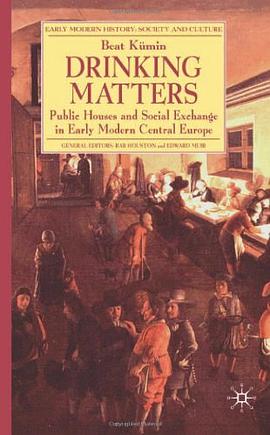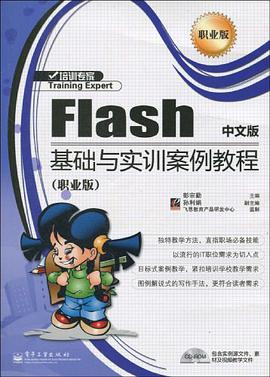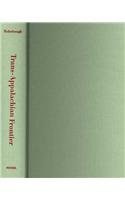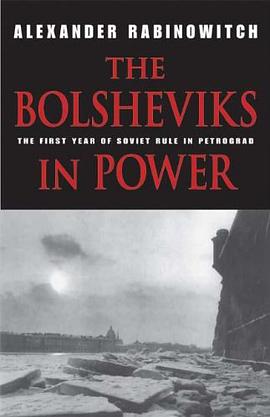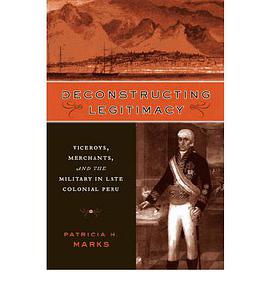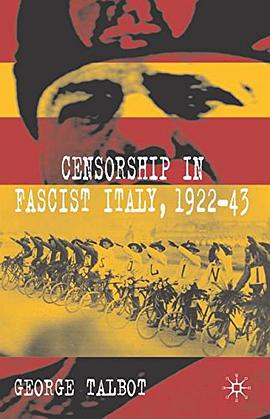

具体描述
From its violent beginnings in the spring of 1919, the impulse of Italian Fascism was to silence opposition, through intimidation or coercion. Fascism's first spectacular event was the destruction of a newspaper office: the Socialist newspaper of which Mussolini had been editor until 1915. In power Mussolini inherited established practices of censorship which came to be extended to school reform, media regulation and innovative cultural policy. Mussolini's first press officer, when he fell from grace, spent years in prison and internal exile. Over the twenty years in power the Prime Minister's Press Office developed into an independent industry, first presided over by Mussolini's son-in-law, Galeazzo Ciano, becoming in 1937 the world's first Ministry for Popular Culture. (Ciano was shot as a traitor in 1944). Censorship and Common Sense in Fascist Italy, 1922-43 tells the stories of policy makers and implementers, and of the ordinary people caught up in its machinations, whether as eager supporters or as victims.
作者简介
目录信息
读后感
评分
评分
评分
评分
用户评价
相关图书
本站所有内容均为互联网搜索引擎提供的公开搜索信息,本站不存储任何数据与内容,任何内容与数据均与本站无关,如有需要请联系相关搜索引擎包括但不限于百度,google,bing,sogou 等
© 2026 book.wenda123.org All Rights Reserved. 图书目录大全 版权所有

